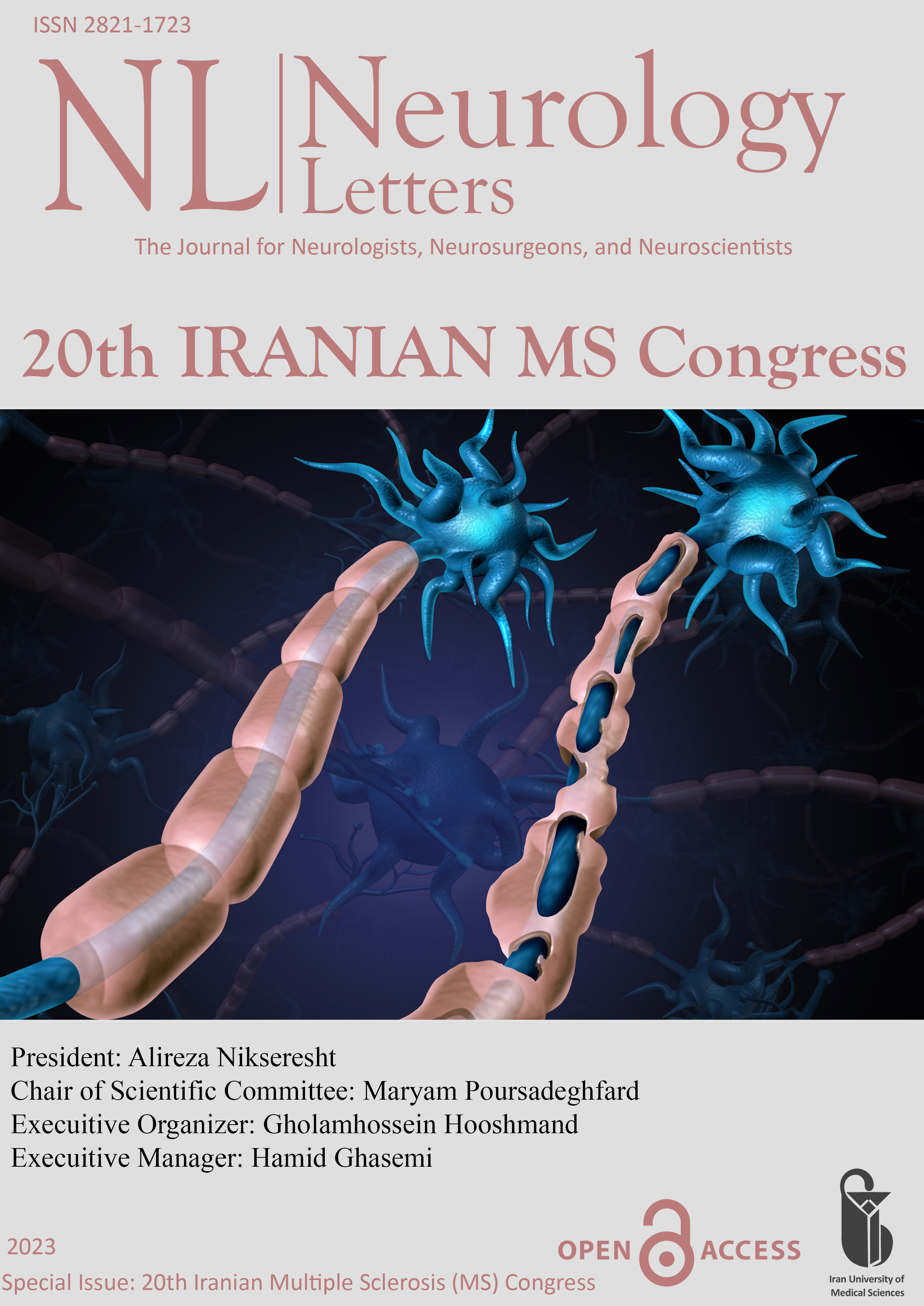Artificial intelligence in multiple sclerosis imaging: advancements, benefits, and challenges (PP-07)
Document Type : Poster Presentation
Author
1. Students’ Scientific Research Center, Tehran University of Medical Sciences, Tehran, Iran 2. Network of Neurosurgery and Artificial Intelligence (NONAI), Universal Scientific Education and Research Network (USERN), Tehran, Iran
Abstract
The integration of artificial intelligence (AI) techniques into the field of Multiple Sclerosis (MS) imaging has shown remarkable advancements, promising benefits, and unique challenges. Advancements in AI algorithms have revolutionized MS imaging, enabling accurate and efficient analysis of imaging data. AI-based methods have facilitated lesion segmentation, tissue classification, and quantification of disease burden. Moreover, AI algorithms have demonstrated the potential to improve the detection of subtle abnormalities and the prediction of disease progression, enhancing early diagnosis and prognosis. Additionally, AI techniques have enabled the extraction of intricate imaging features, serving as potential biomarkers for assessing treatment response and developing personalized therapeutic strategies. The benefits of AI in MS imaging are multifaceted. First, it reduces the burden on radiologists and clinicians by automating repetitive and time-consuming tasks, allowing them to focus more on patient care. Second, AI algorithms can enhance the reproducibility and standardization of image interpretation, reducing inter-observer variability. Third, AI techniques have the potential to uncover novel imaging patterns and insights, providing a deeper understanding of MS pathophysiology. However, several challenges need to be addressed for the successful integration of AI in MS imaging. These include the need for large, annotated datasets for training robust AI models, issues related to data privacy and ethical considerations, and the lack of standardized protocols for AI implementation across different imaging modalities and clinical settings. Furthermore, AI algorithms may suffer from biases and may not always generalize well to diverse patient populations, necessitating ongoing validation and refinement.
AI advancements have brought transformative changes to MS imaging, offering various benefits while presenting unique challenges. The integration of AI in MS imaging holds great promise for advancing diagnosis, prognosis, and personalized treatment strategies. However, further research, collaboration, and standardization efforts are essential to unleash the full potential of AI in the field of MS imaging. This narrative review aims to provide a comprehensive overview of the current state of AI in MS imaging, highlighting its advancements, benefits, and challenges.
Keywords
 Neurology Letters
Neurology Letters
